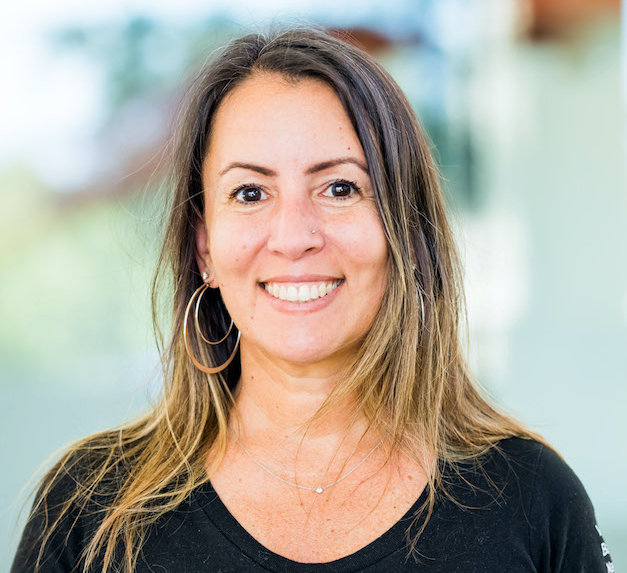I really, really like Arnold Schwarzenegger. I find him sensible and kind, and I like the type of impact he aims to make. There is something that shines brighter about people who have earned multiple wins in life.
So I appreciated that he took the time this week to publish something meant to uplift us (stay with it…):
There is an epidemic of a brain disease right now. People from every generation and every walk of life are susceptible to it, and it is ruining their lives so slowly that they barely even notice.
The disease is a victim mindset, and if it’s worked its way into your brain, we need to get it out as fast as possible so that you can get back to living your life.
Arnold’s Monday Motivation 5/26/25 | LinkedIn
I agree with his observation that currently there seems to be collective mania around being powerless, being the receivers of “bad things.” I say this with a very delicate sense in my heart, because I have been there many times. But each time I come out of it, I get a little clearer on the difference between “being” powerless and “feeling” powerless.
If you are feeling powerless right now, please take good care of yourself. Let your feeling guide you towards identifying your unmet needs and true desires. And remember that feelings come and go, they’re not your identity.
I don’t so much agree with his take that the way out is thru only these two options:
Do you whine and complain? Or do you make the most of it?
Sometimes, “making the most of it,” or “training yourself to accept,” as Arnold puts it, doesn’t have to look on the outside like anything heroic. It can be as simple as not judging the situation for a few moments. Just long enough to find your breath, to find your center, to tune into your inner intelligence.
Surrendering into this quiet state of acceptance isn’t weak or wasteful. It’s not a passive practice either. There is immense power in that (in having the ability to surrender) and with power, always, comes deliberate effort and responsibility, whether we want it or not.
A martial artist learns this early and continuously. She surrenders to gravity because she knows it’s the only way to generate real impact. To land a powerful, precise strike of her sword, she must first center herself. Most of the practice is to learn the many ways how to surrender to gravity. Tip: all the ways lead to calm breathing.
Each time she finds that center, she gets better at remembering how to return to it. That, to me, is the most valuable outcome. No need to force something to happen. The act of centering is the art, the transformation itself.
Gravity is indifferent. It doesn’t judge. It can, if we allow, be a powerful ally, helping us practice rooting our stance to align our movements and deliver a precise strike, with the focused impact we intended. And that same force can work against us, exposing our imbalances, draining our strength, and generating chaos when we are mindless about it.
We don’t need to fight gravity or, just as futile, surrender to it in despair. What we most need to focus on is finding our own center, trying to stay connected to it as much as possible, and strengthening that core and that connection.
Moment by moment, we do our best to throw the most centered strike possible. We evaluate where that landed. We rest. We make progress by dancing with gravity, not by resisting, fighting, or ignoring it.
Quote
If all you have is a hammer, everything looks like a nail.”
And that’s the danger of being off-center: it narrows our perspective and limits our options.
So, when we practice and become so skilled that we can throw an impactful strike… Will we do it, or will we freeze? Can we handle it, or will we collapse? Can we sustain it, or are we just a one-hit wonder? Will all of the very hard work reveal its purpose, or leave us wondering why we even tried, with a taste of effort unfulfilled?
That kind of power (and the agency required to follow thru with action) mirrors the weight and complexity of leadership: immense capability potential paired with deep responsibility. That can feel terrifying and uncertain.
But it’s precisely then...
…when we hold real, hard-earned power, that we’re least likely to to see it as something to wield, rather than something we remember we are.
Because the mind being called into action won’t be the same one we have today. It will be a mind sharpened by challenge, shaped by reflection, and grounded in mindful intelligence.
I am hoping we, me, you, families, teams, companies, find ways to move forward and lead well in these new times, rooted clearly and firmly in our center. Less heroic acts and busy, unintentional work or disempowered conversations, more deep breaths, mindful and centered connections, and harmonious impact.
And Arnold is right:
Quote
“The gym is the ultimate classroom for learning to terminate the victim mind.” — Schwarzenegger
Adding to it, here are more places where we can practice developing a connection to our center:
- the tatami
- the trail
- the dance floor
What is your preferred spot?
